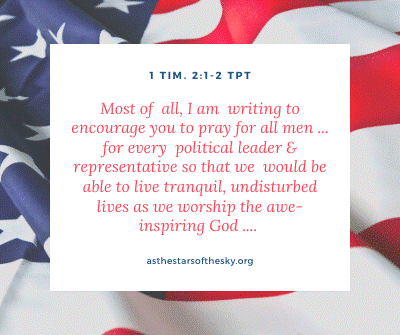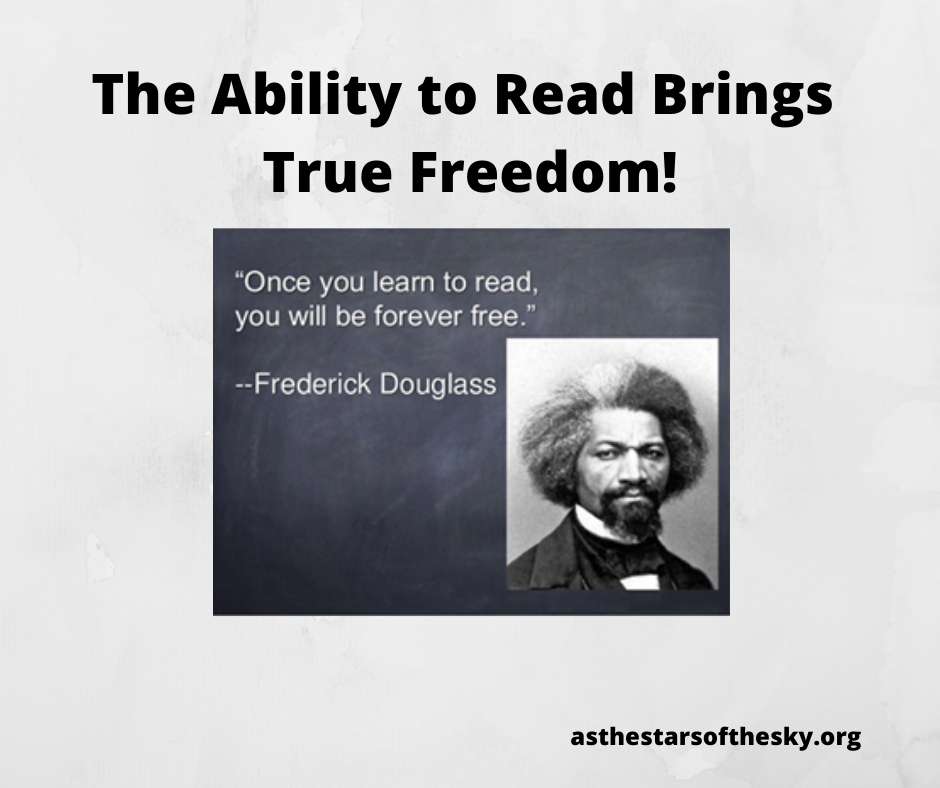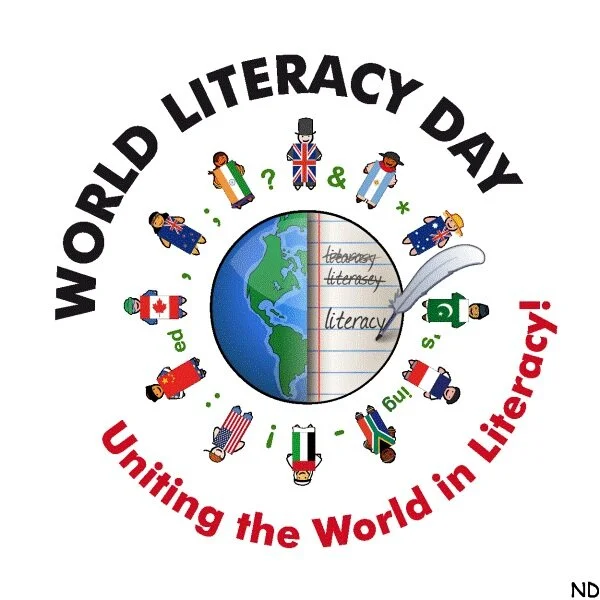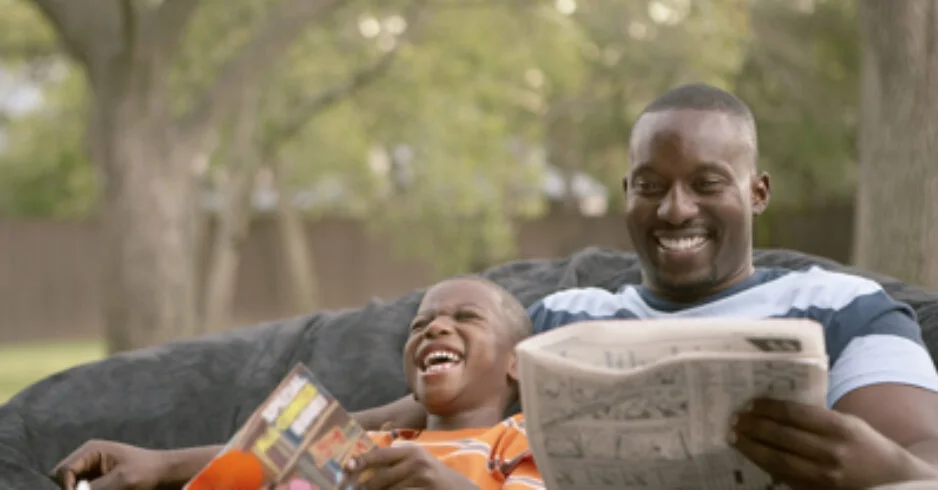Doing activities outdoors as a family is enjoyable, especially around the Fall season. The weather is cool and brisk - comfortable for outdoor fun! Hiking is a one of those activities that is known for appreciating and respecting nature as well as building companionship.
If you are not a regular hiker with children, it is important to plan your hike ahead of time. Here are some recommendations for you from an online article on The Wilderness Society’s website titled Take Your Kids Hiking: Ten Tips to Make the Adventure Fun for the Whole Family:
In the beginning, keep your hike easy and friendly. Select a trail that has features – such as a stream – to keep children occupied until they get there. Remember this: “It’s about the journey not the destination.”
Include a lot of time on the hike. Children love to explore, so give them the opportunities to do so. Don’t rush them as it is an adventure.
Prepare for anything that could happen. The article provides a link to essential items to carry with you.
Dress appropriately. Make sure that your children wear adequate clothing, coats and shoes. Bring a change of clothes.
Plan frequent stops for water and snacks. Children expend a lot of energy and will need to get their tanks replenished. Having water and plenty of healthy snacks ready for them is essential to a good hiking adventure.
Select a leader for the hike and rotate leadership during the hike. This will give each child an opportunity to lead.
Make the hike fun. Plan ahead of time what children can search for. Have games for them to play.
Give positive feedback. Children loved to be praised so think of things that you can say to praise their efforts. This will encourage them to keep on hiking!
Be role models for your children and leave no trace of your presence behind. Pick up your trash and throw it away responsibly.
Continue to hike as often as possible. A hike can last a couple of hours or a day or a weekend. It is up to you. Remember that national and state parks have a variety of trails for hiking and welcome families.
We live in such a beautiful world so let us be mindful of all the beauties of nature. We should enjoy them as much as we can and include our children, so they learn to appreciate and respect nature too.
To read the entire article, visit: https://www.wilderness.org/articles/article/take-your-kids-hiking-10-tips-make-adventure-fun-whole-family










